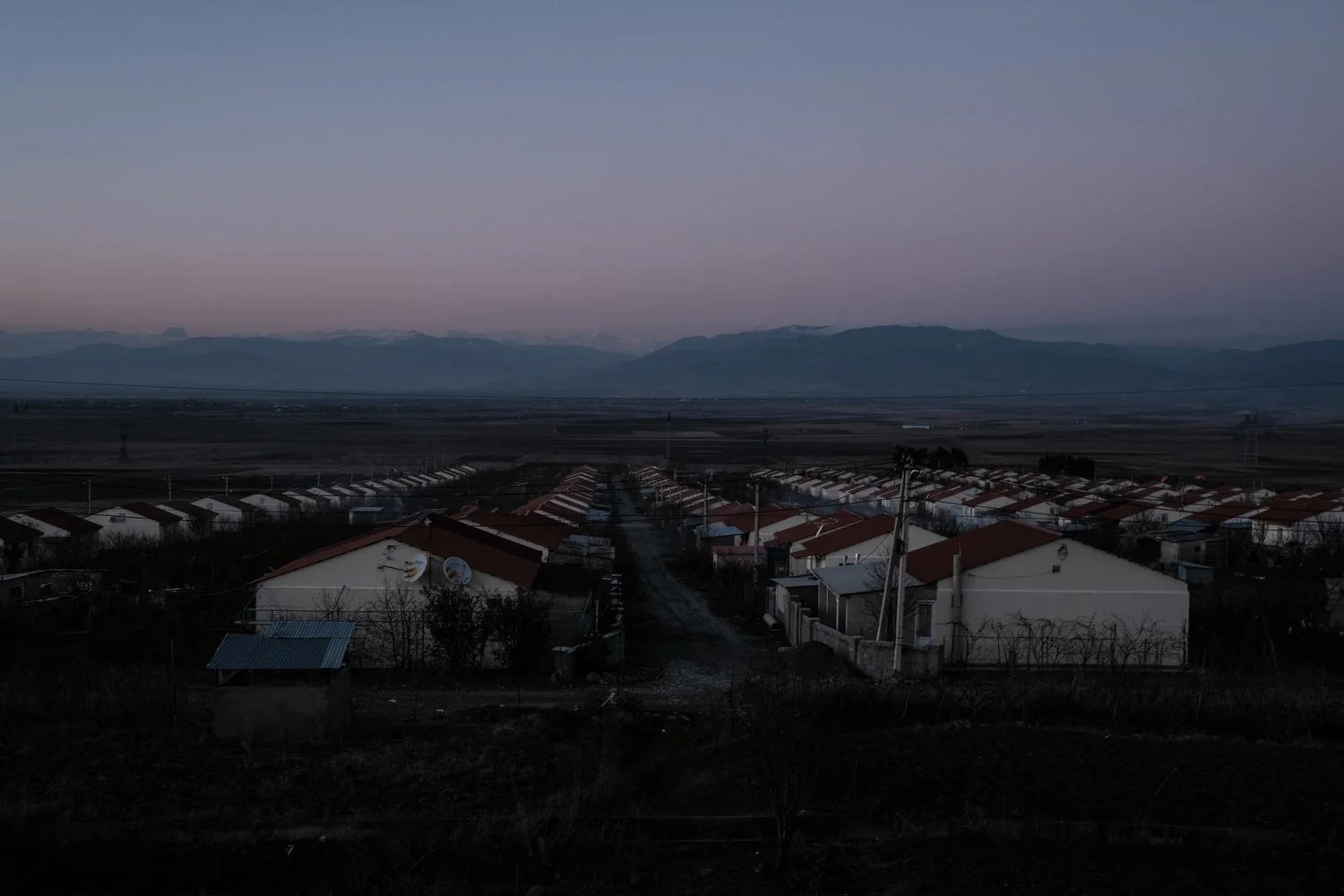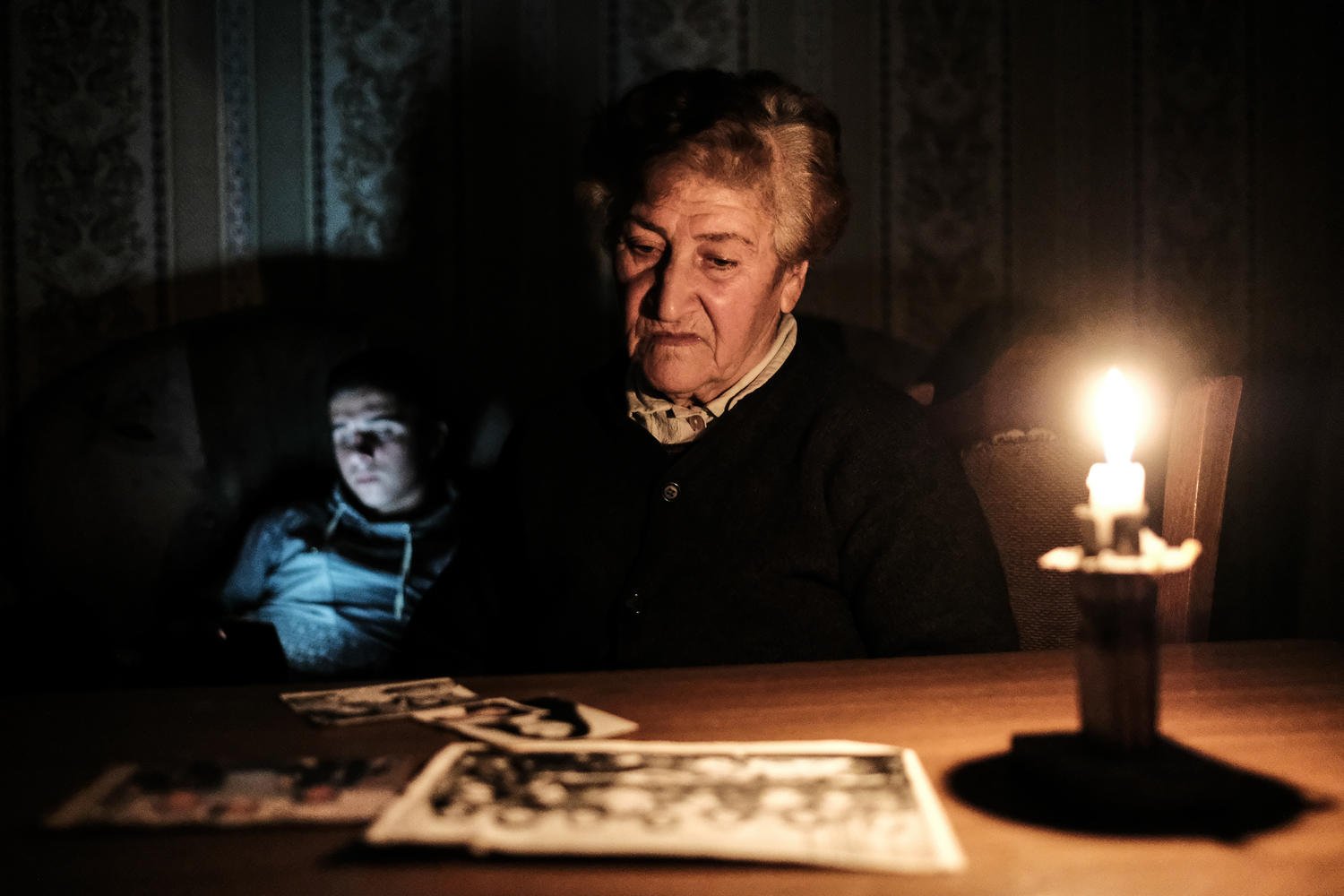Introducing the 2021 Stanley Greene Legacy Prize and Fellowship recipient, Tako Robakidze.
From the project Creeping Borders. Photo © Tako Robakidze.
NOOR Images is a foundation and creative production platform dedicated to pressing environmental, social, and humanitarian issues through compelling visual narratives. We are dedicated to driving social change through documentary practice and supporting the craft and professional aspirations of underrepresented photojournalists, whose creative work embodies the commitment and passion Stanley brought to photography. The 2021 Stanley Greene Legacy Prize and Fellowship recipient is Tako Robakidze for her long-term project 'Creeping Borders', which shows how the Russian occupation in Georgia affects people's daily lives in the villages along the alleged "border" and shares the stories of Internally Displaced Peoples (IDPs) who have suffered along the way.
"It is an absolute honour to receive the prize and fellowship associated with Stanley Greene", says Tako Robakidze. "He knew my country intimately and worked on projects that conveyed the depth of the Caucasus region".
In the 1990s, following the collapse of the Soviet Union, Russian-backed separatists in the Abkhazia and Tskhinvali region started a war to claim independence from Georgia. Up to 300,000 Georgians were displaced. These figures have only increased since the so-called "Five Day War" between Russia and Georgia in 2008, and up to 20% of Georgian territory is now under Russian occupation. Since 2011 Russian armed forces have pursued the policy of so-called "borderization", the installation of artificial barriers along the occupation line.
"I was born one year before the collapse of the Soviet Union", recalls Tako Robakidze. "A series of wars followed in my country. My parents were doctors and worked in hospitals where IDPs from Abkhazia settled. After school, I'd go to the hospital where my mother worked–– I played with children from the IDP families. These are some of my fondest memories, yet I had no accurate understanding of what was happening".
From the project Creeping Borders. Photo © Tako Robakidze.
"Learning about these people, who I had spent my childhood with, and seeing the realities of today, motivated me to pursue this underreported topic, which focuses on displacement. I initially researched borderization in 2015 and visited every village bordering the Tskhinvali region to investigate the consequences of this process", says Robakidze. "It seemed unimaginably absurd to live in this reality, with these changing places without moving from places".
As the Russian occupation and the shifting of de-facto borders moves deeper, more territories gather behind the barbed-wire fences, leaving the local community without land, harvest, and even residents' own houses. It divides families and communities, preventing people-to-people contact; moreover, kidnapping residents for "illegal border crossing" by the Russian FSB has become almost a common practice. Since the start of the "borderization", more than 1000 people have been detained. Families across the occupation line have to deal with violations of human rights daily.
"The installation of barbed wire fences and artificial obstacles changed the local population's everyday life, and for odd reasons, this reality has become "normal". With this project, I want to demonstrate the numerous ways mass media can change normalized discourse through awareness. Hopefully, this will lead us all to think about result-based actions".
"With the support of the Stanley Greene Legacy Prize and Fellowship, I am going to create a separate platform on my website dedicated to continuing the stories of people affected by war and those who no longer have a home in their homeland. The platform will focus on Georgia initially; however, it is equally important for me to cover other regional experiences of war. My aim in the next iteration of 'Creeping Borders' is to support opportunities of care, discussion, and empathy within the communities".
"There are many stories, such as the human toll of borderization, that illustrate 'grey areas' in international relations, and they are not common knowledge to the majority of the world. I hope that my stories somehow can elevate the stories of small countries like Georgia. I want to remind locals and foreigners that the occupation is still ongoing, and somewhere people just like us are suffering from circumstances like this".
‘Creeping Borders’ was produced with the support of the Magnum Foundation as part of the Photography and Social Justice Fellowship. This body of work was exhibited at the 2018 Tbilisi Photo Festival.
TAKO ROBAKIDZE
Biography: Tako Robakidze is a documentary photographer based in Tbilisi, Georgia. In 2008 she received a Bachelor's degree in Law at Tbilisi State University. In conjunction with her university studies, she was enrolled in the documentary photography 'Sepia' and continued her studies for 5 years. In 2015, she received her master's degree from Caucasus University's Graduate School of Journalism. Since 2010 she has worked as a freelance photographer, cooperating with Georgian and international NGOs, covering diverse social topics.
Since 2015, she has been a member and co-founder of the documentary photo collective ERROR IMAGES. In 2017 she received the Magnum Foundation Photography and Social Justice Fellowship. In 2020 she was the recipient of the Tbilisi Photography & Multimedia Museum Multimedia Lab Production Grant. In 2020 for her work about Georgian IDPs, she got a production grant from Goethe Institute. Her work is focused on documenting socio-political and economic conditions in Georgia and aspects of daily life, especially in regions of the country and minority groups of society.
2021 PRIZE AND FELLOWSHIP JURY
NOOR acknowledges this year’s Stanley Greene Legacy Prize & Fellowship judges, which included a panel of experts in the visual storytelling field.
Tanya Lokshina, associate director for Human Rights Watch's Europe and Central Asia division.
Thomas Dworzak, photographer and Magnum Photos Member.
Marie Sumalla, deputy head of Le Monde photo department.
Andrei Polikanov, visual director of Takie Dela online media.
Nestan Nijaradze, co-founder and Artistic Director of Tbilisi Photo Festival.
Raisa Borshchigova, senior program officer at Urgent Action Fund.
Frank Zuidweg, Nikon Professional Services at Nikon Europe (Amsterdam).
Jean-François Camp, president of DUREV Events.
Learn more about the 2021 Fellowship jury.
NOOR additionally extends a special thanks to Nikon. The Stanley Greene Legacy Prize & Fellowship is made possible by Nikon’s sustained support.



